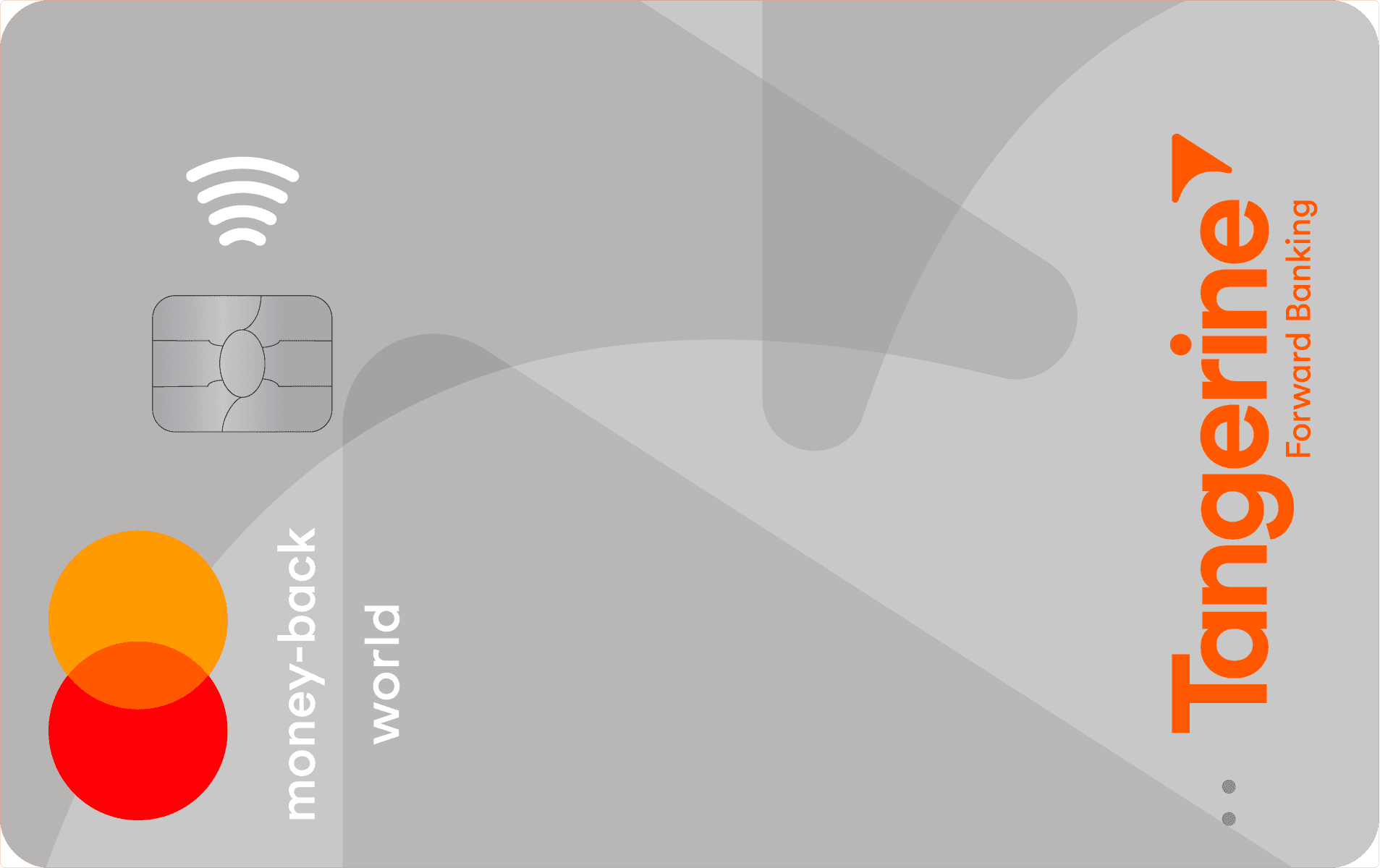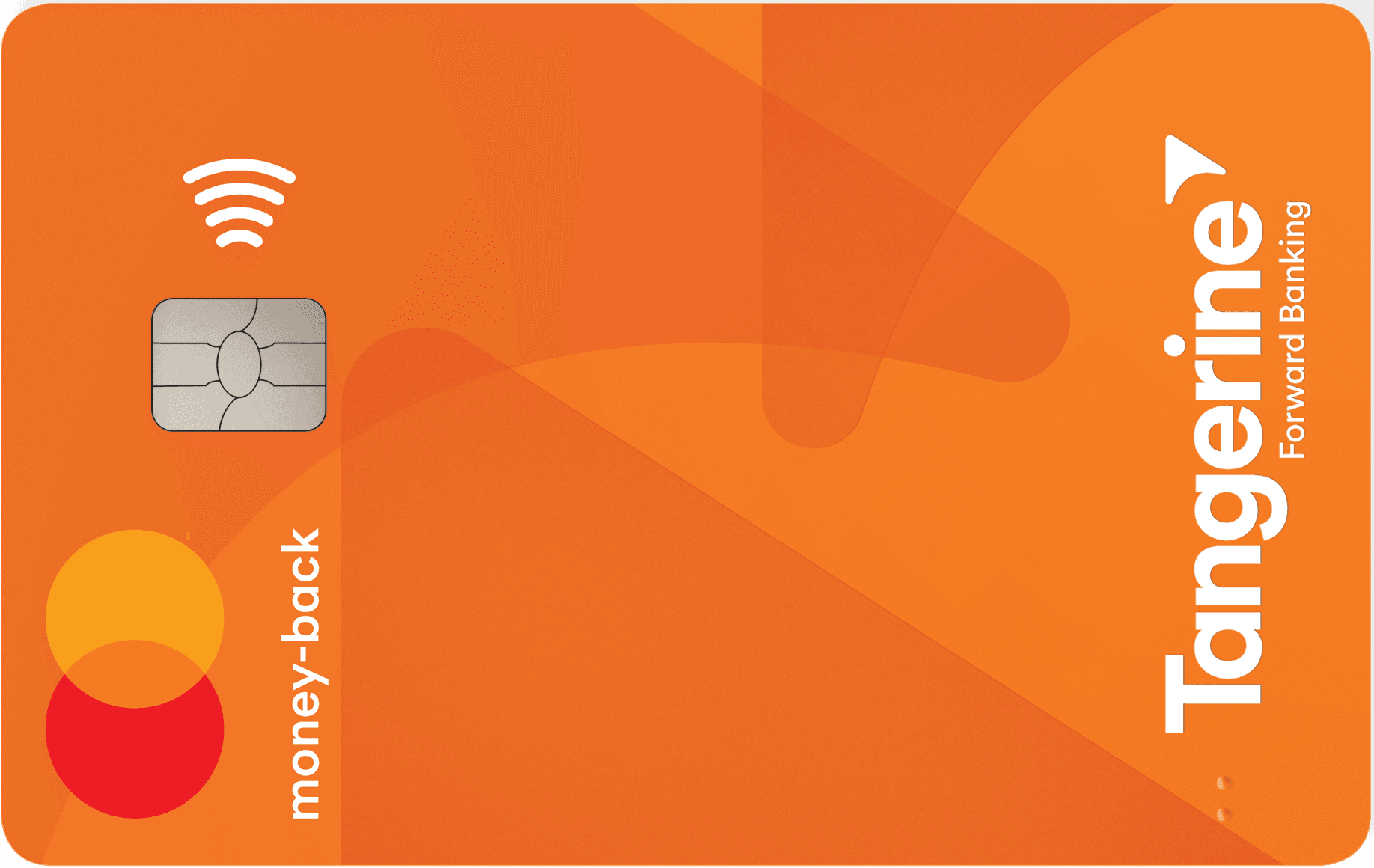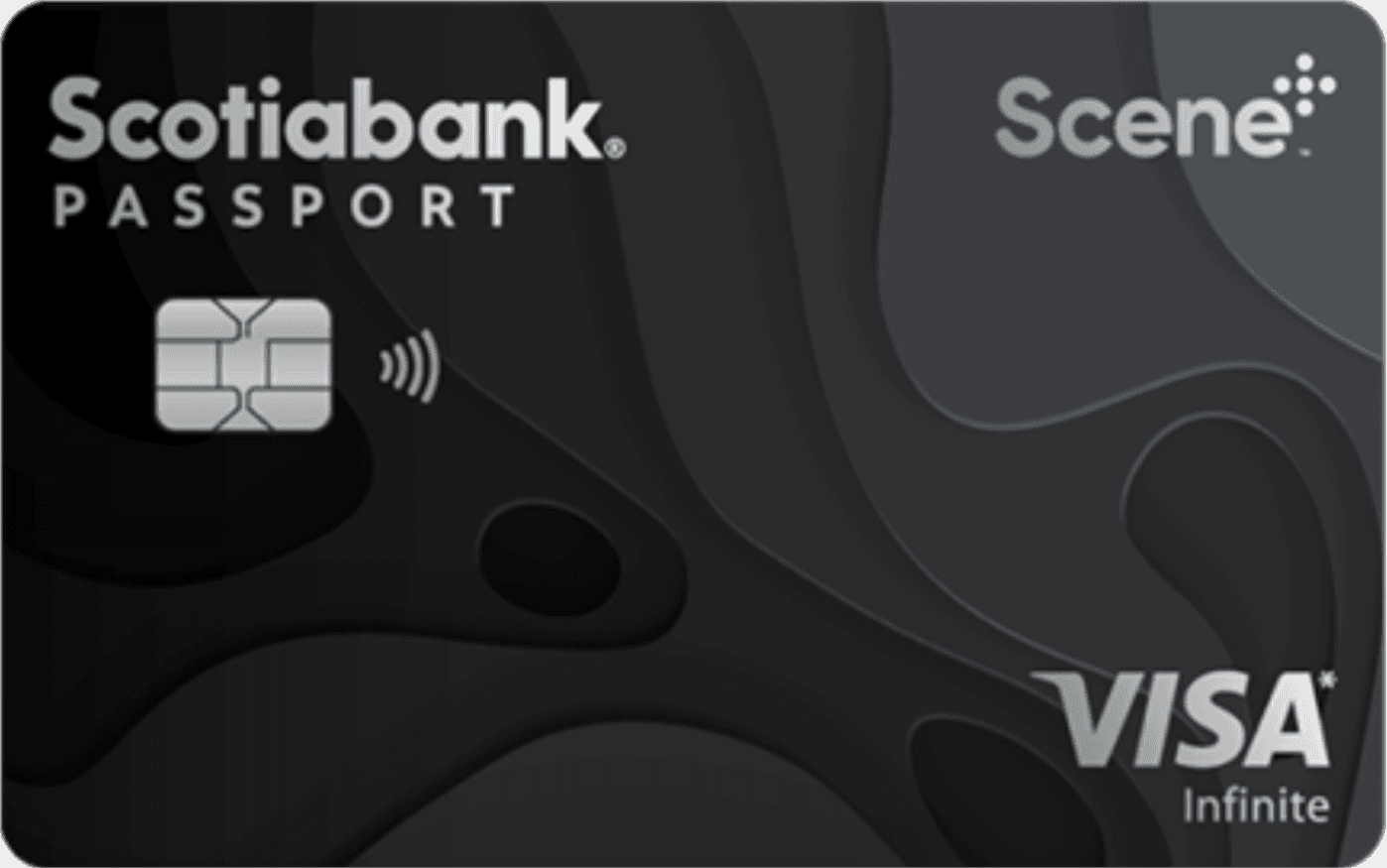Working hard in the background...
What is the Closing Date on Your Credit Card: Guide for Canadians
Published Jan 10, 2026 12:46 PM • 5 min read
You always pay your credit card bill on time, to the point that you have a sense of pride about it (and rightly so!). However, this month you see an interest charge on your account, sparking confusion. If this has happened to you, it could be because you misunderstood your credit card closing date rather than intentionally making a late payment. It’s a common mistake and, unfortunately, it is quite easy to mix up the closing date with the payment date, even though they serve two very different purposes.
Understanding closing dates
A credit card’s closing day is the final day of your billing cycle. It is the point where your issuer totals up all transactions over the period including each purchase and payment. It may also include applicable interest charges and relevant fees. If your card charged an annual fee during the period, it will also show on your monthly statement.
Any transaction that happens after the closing date will NOT appear on this month’s statement. Instead, they will fall into the next billing cycle. For example, imagine your billing cycle runs from August 15 to September 14. Any purchase made on September 13 will appear on your credit card statement. But, a transaction from September 15 will not, as it happened after the closing date. In this case, the purchase will be on the upcoming statement which has a closing date of October 14.
Read More: Reading Credit Card Statement
Are payment date and closing day the same for credit cards?
While they seem similar, there is a distinct difference between the closing date on credit card cycles and the payment due date. As previously mentioned, the closing date ends your cycle. The due date, on the other hand, is the last day that you can make the minimum payment on your balance before late charges will apply.
Why the Closing Date Matters
The closing date plays a big role in your finances because, on this day, your issuer locks in the balance of that billing cycle. That number will then become the amount shown on your month end statement. In many cases, it is also the figure reported to Canada’s two major credit bureaus.
Your closing date matters because it not only shows what you owe to the issuer, but also how your credit profile appears to lenders.
It’s also important for:
Interest calculations
Interest charges rely on the closing date. In Canada, the period between this day and the payment deadline is a minimum of 21 days. During this time, you are not subject to interest charges. However, the grace period is not applicable for cash advances and other similar transactions. It also doesn’t apply to balance transfers.
What happens if you don’t pay your balance by the payment due date, though? In this case, interest charges accumulate starting on the day after closing. For more details read how credit card interest works in Canada.
Read More: Best Balance Transfer Credit Cards, Best Low-Interest Credit cards
Credit utilization
The closing date can impact your credit utilization ratio. As I mentioned above, lenders usually report the balance that appears on your statement. This means that if you make a large purchase just before the cycle ends, it could temporarily inflate your utilization. And it can happen even if you pay off the purchase before the payment date. What matters is the balance that is reported to the credit bureau as it is part of your credit score calculation.
Strategies to Use Your Closing Date to Your Advantage
Understanding your closing date gives you more control, allowing you to be more strategic about when you spend and how you make your payments. You can use your closing date to do the following:
- Lower your credit utilization. If you are trying to boost your credit score, you can work to reduce your reported utilization by paying down your card a few days before closing. A smaller balance at the time of reporting gives you a lower utilization ratio, which can help you maintain a better credit score (even if you make your monthly payments on time).
- Maximize your grace period. Timing large purchases right after your closing date helps you benefit from the interest-free window.
- Cash flow planning. If you use your credit card to cover your regular bills, you can coordinate to pay the charges right after your closing date. This will, in turn, allow predictability while pushing them into the next billing cycle.
Takeaway
The closing date found on your credit card statement is the end of your billing cycle when the issuer records your balance. It differs from the payment date. Confusing the two can lead to unnecessary interest charges and a temporary dip in your credit score, so be careful!
By knowing your credit card closing date, you can use it to your advantage. Not only can it help you stretch your cash flow, but it can also help enhance your credit profile.
Frequently Asked Questions
Not necessarily, but it is likely quite close. The exact calendar day can shift depending on weekends or national holidays. For example, if your closing date is usually the 25th of the month, you will probably see a different closing day on your December statement because of the year end holidays. This shift is implemented at your issuer’s discretion. Regardless of the exact date, you will find the length of your billing cycle is around 28 to 31 days.
Most Canadian credit cards will list your closing date on your monthly statement. Near the top of the document, you will see your billing cycle, written as “Statement Period” or “Closing Date.” This information is also on your online banking and mobile app in the “Statements” section.
If you are having trouble finding the exact date, or want to confirm it to be sure, just call the number on the back of your card to ask your issuer directly.
It depends on your issuer, but it might be possible. If you notice that your closing date does not conveniently match with your payday, for example, you can request a change by calling the issuer’s customer service line found on the back of your credit card. Not all issuers will be flexible, though.
If you have several different credit cards, you probably have varying closing dates. Even if your cards are all from the same bank, the dates can change depending on when you opened the accounts or how the issuer set up the cycles. This is why it is critical to review each statement individually.
Payments made following the closing date will reduce your credit card balance, but they won’t change the amount shown on your current statement. The closing date sets your balance. However, paying your monthly bill before the due date is a sound practice and can help you carry a lower balance into the next cycle.
Trending Offers

Tangerine® Money-Back World Mastercard®*

Tangerine Money-Back Mastercard

Neo World Elite® Mastercard®

Scotiabank Passport® Visa Infinite* Card
About the author

Lauren Brown
Editor
Lauren is a freelance copywriter with over a decade of experience in wealth management and financial planning. She has a Bachelor of Business Administration degree in finance and is a CFA charterholde...
SEE FULL BIOAbout the editor

Sara Skodak
Lead Writer
Since graduating from the University of Western Ontario, Sara has built a diverse writing portfolio, covering topics in the travel, business, and wellness sectors. As a self-started freelance content ...
SEE FULL BIOAbout the reviewer

Kevin Shahnazari
Credit Card Expert
Kevin started FinlyWealth and juggles a bit of everything—digging into data, running our marketing, and keeping the finances on track. Before this, he spent years as a data scientist at tech companies...
SEE FULL BIO